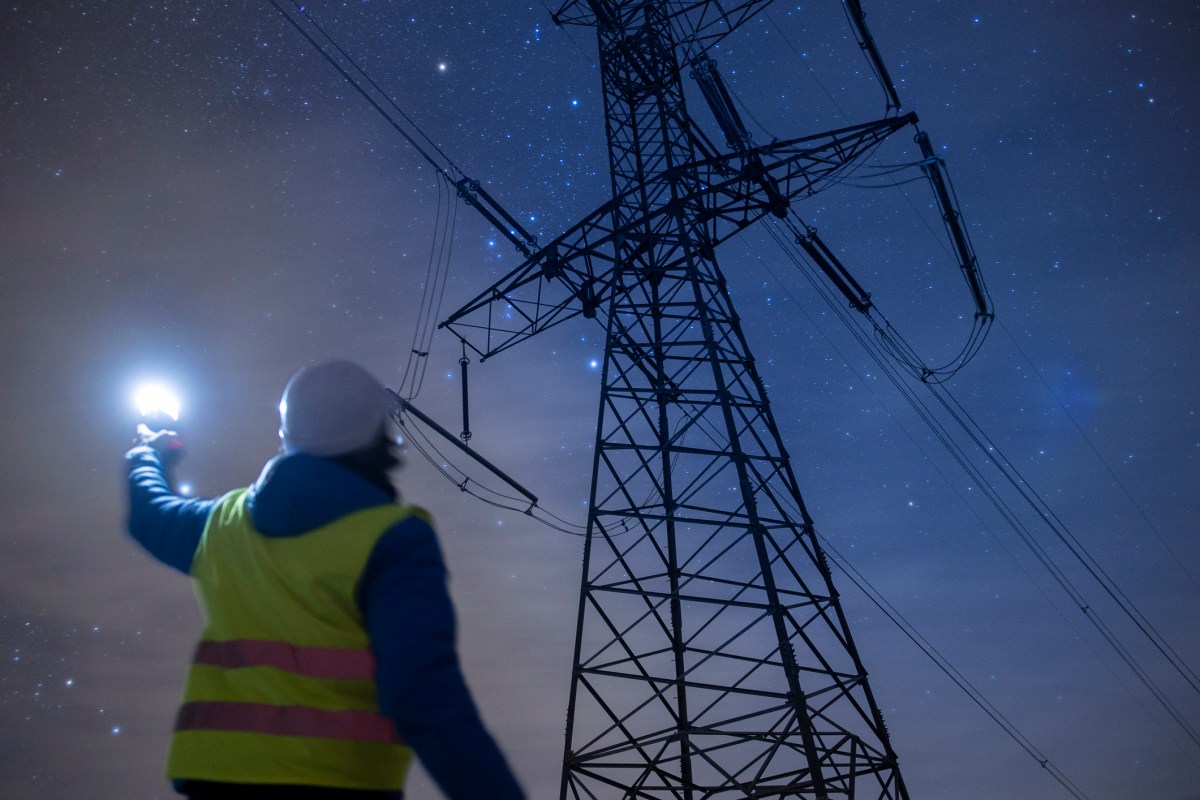A recent report indicates that the increasing demand for data centers to support artificial intelligence (AI) could pose a significant challenge to the stability of the United States power grid. This analysis suggests a potential link between data center proximity and electrical power issues in residential areas.
The study, highlighted in Bloomberg, utilized data from one million residential sensors tracked by Whisker Labs, combined with market intelligence from DC Byte. It revealed that over half of the households experiencing significant power distortions are located within a 20-mile radius of major data center operations.
This proximity appears to correlate with what the report terms "bad harmonics"—a disruption in the optimal flow of electrical power to homes. Such distortions, according to Bloomberg, may not only damage electrical appliances, but can also heighten the risk of electrical fires and increase the likelihood of brownouts or blackouts.
Moreover, the report emphasizes that AI-focused data centers may present unique challenges due to their fluctuating energy demands. This unpredictability could strain the grid's infrastructure, which was not designed to accommodate such volatile load variations from multiple data centers simultaneously, as noted by Aman Joshi, chief commercial officer of Bloom Energy.
However, not all parties agree with the report's conclusions. A spokesperson for Chicago’s Commonwealth Edison expressed strong reservations about the accuracy and underlying assumptions of Whisker Labs’ claims. The utility's response signals an ongoing debate about the actual impact of data centers on residential power quality.







